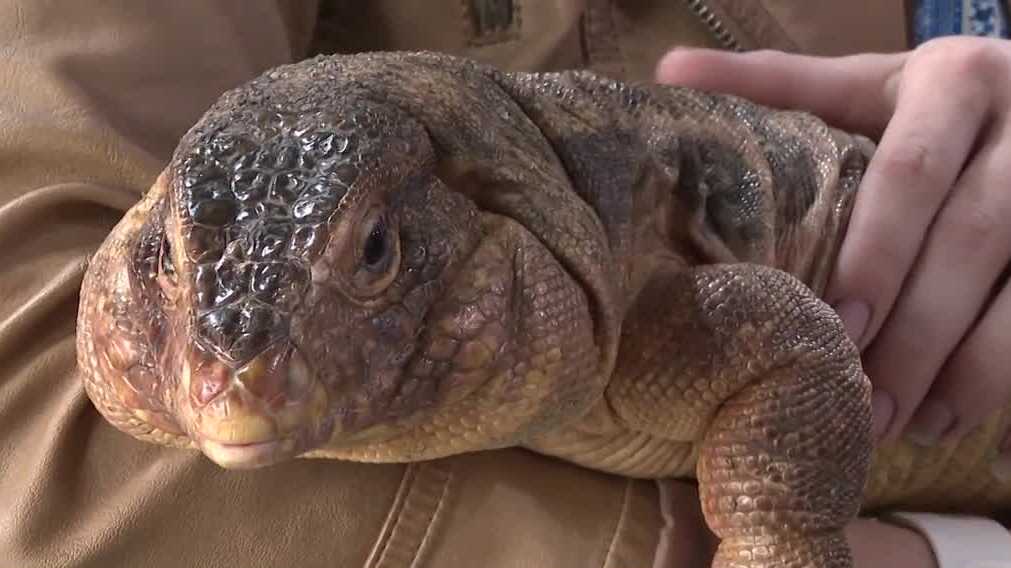Spock’s Sanctuary helps Animal Rescue League of Iowa build reptile response skills

By Pepper Purpura
Click here for updates on this story
DES MOINES, Iowa (KCCI) — The Animal Rescue League of Iowa is expanding its reptile response with help from Spock’s Sanctuary, the “largest reptile rescue in the state of Iowa.”
“I’d say about once a month we get a reptile in, whether it’s an owner surrender or a stray,” said Megan Matamoros, ARL’s director of shelter operations.
Matamoros said the shelter trains its animal control team on how to handle all varieties of pets in need. However, it can be difficult for the team to keep those skills sharp since they are rarely called to trap reptiles, and have them at the shelter to practice with even less often.
Once they are in the ARL’s care, the unique needs of each lizard, snake or amphibian are another hurdle.
“You need specialized UV lighting. You also need a warm area and a cool area in their tank. They may need a more tropical, humid environment or a more arid, desert-like environment, and every reptile can be very different in their dietary needs,” Matamoros said. “Some are strictly vegetarians, some can eat some proteins like crickets, and then some require strictly just meat.”
Those variations are a challenge, the founders of Spock’s Sanctuary in Des Moines understand.
“Between lizards, there’s such a variety,” co-founder Cole Reiman said. “Every single animal that comes in is their own challenge.”
Which is why Cole and Cam Reiman are giving the ARL access to their reptiles.
“We bring in and give them just a quick little set of tips and tricks on how to optimize their approach (when handling a reptile),” said Cam Reiman, co-founder of Spock’s Sanctuary. “Especially when they’re called in on an animal wandering around outside, where they don’t really have a lot of information on what they’re walking into.”
Matamoros said the opportunity is helping their team be better prepared when trying to capture and care for reptiles.
“That allows them to give our animal control officers that already have our exotic handling (training) some more different techniques to use, so they can have that in their back pocket to be successful when they’re out there in the field,” Matamoros said.
Please note: This content carries a strict local market embargo. If you share the same market as the contributor of this article, you may not use it on any platform.